Keywords: Betrayal Of Trust
There are more than 24 results, only the first 24 are displayed here.
Become a subscriber for more search results.
-
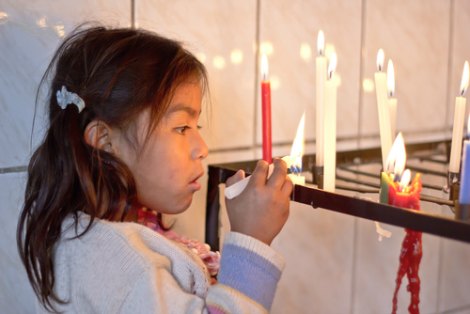
RELIGION
- Kevin Donnelly
- 28 August 2014
34 Comments
Growing up in working class Broadmeadows in a Housing Commission estate with a communist father and a Catholic mother – mass on Sunday and the Eureka Youth Movement on Tuesday – taught me first hand about two of the most influential and powerful forces of the 20th century.
READ MORE 
-
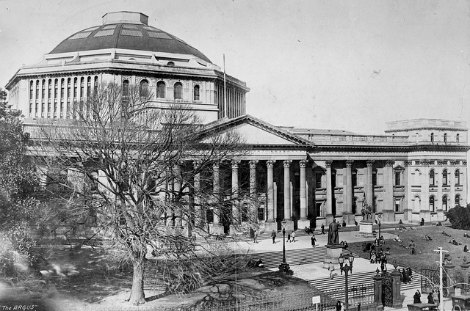
MARGARET DOOLEY AWARD
- Andy Lynch
- 27 August 2014
9 Comments
The kind of Australia we live in today can be directly attributed to the kinds of institutions built 150 years ago - schools, universities, libraries, museums, and more. But in 2014 is it even possible to carve out new public institutions or give new life to those that have waned in relevance?
READ MORE 
-

RELIGION
- Andrew Hamilton
- 19 December 2013
14 Comments
Christmas tells the story of a God who entrusted Christ as a baby safely to the care of Mary and Joseph in a markedly hostile secular environment. The stories told at the Royal Commission are of parents who entrusted their children unsafely to the care of representatives of the Church. The face of Herod in our day is not that of a persecutor who threatens the church from without. It is that of a minister of the church who betrays from within.
READ MORE
-
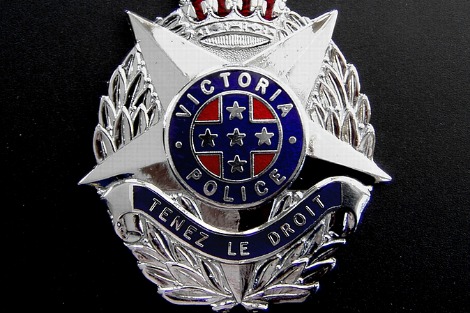
RELIGION
- Frank Brennan
- 26 November 2013
32 Comments
The Catholic Church hierarchy now seems more prepared to admit institutional and personal failures prior to 1996. They are yet to admit the pervasive, closed clericalist culture which infected the Church until at least 1996, but that will come. Let's hope that the Victorian police can also now move forward admitting past mistakes without manufacturing excuses which do not withstand the contemporary spotlight.
READ MORE 
-

AUSTRALIA
- Andrew Hamilton
- 25 November 2013
12 Comments
A minor diversion in the disruption of Australia's relations with Indonesia has been the entanglement of political commentators. Many have wriggled on the hook of their conviction that international relations are an ethics free zone in which the only guiding star is national self interest. But that does not stop them from launching a raft of ethical judgments. It is worth considering on what ethical principles international and national politics might rest.
READ MORE 
-
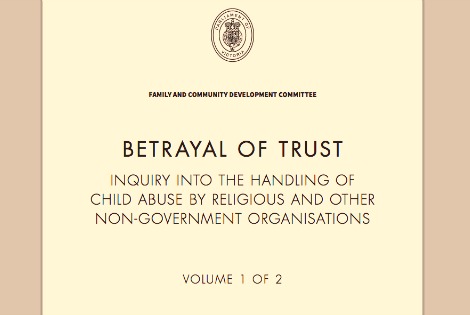
AUSTRALIA
- Ray Cassin
- 14 November 2013
10 Comments
If the Catholic Church is mentioned frequently in the report of the Victorian parliamentary inquiry into the sexual abuse of children, Catholics and their leaders can hardly complain. Among the churches scrutinised by the committee, only the Salvation Army has an even remotely comparable record of abuse. The Napthine Government should implement the inquiry's recommendations — with one exception.
READ MORE 
-

RELIGION
- Frank Brennan
- 25 October 2013
2 Comments
'The Church should not give any appearance of hiding behind the corporate veil. Justice demands that present church leaders agree to satisfy any judgment debt against their predecessors or their deceased predecessors' estates when there is an allegation of past failure to supervise or adequately investigate a sexual predator in the ranks. Any damages should be paid from church assets.' Frank Brennan addresses the Australian Lawyers Alliance Conference, Rydges Lakeside, Canberra, 26 October 2013.
READ MORE
-

RELIGION
- Frank Brennan
- 04 September 2013
2 Comments
'The Towards Healing protocol is not a substitute for criminal prosecution of sex abusers. Nor is it a cheap alternative to civil liability for damages. It is a procedure available by choice to victims in addition to criminal prosecution of perpetrators or pursuit of civil damages for negligence by church authorities.' Full text from Frank Brennan's address to the Canon Law Society of Australia and New Zealand 47th Annual Conference, 4 September 2013 at Hotel Grand Chancellor Adelaide on Hindley.
READ MORE
-

AUSTRALIA
- Dustin Halse
- 12 August 2013
11 Comments
In 64 BC, the brilliant orator and lawyer Marcus Tullius Cicero decided to run for the highest office in the Roman Republic. His younger brother Quintus, who possessed a penchant for the most outrageous acts of cruelty, penned a detailed memo outlining what his older brother needed to do to win the election. The current Australian federal election campaign would appear familiar to the Cicero brothers.
READ MORE 
-

RELIGION
- Andrew Hamilton
- 08 August 2013
3 Comments
The common good can seem a very milky-tea concept — too bloodless for the real world. But it is an important idea, one which we need if we are to make sense of phenomena as disparate as the findings on corruption in the awarding of mining licenses in NSW, the initial report of the NSW chief scientist on coal seam gas mining, and the daily excursions in the drugs and footballers epic.
READ MORE 
-

AUSTRALIA
- Fatima Measham
- 15 July 2013
9 Comments
Voters find it difficult to buy ideas wholesale when they don't make sense in retail. Imagine a voter who would like to see the Labor Party build on reforms in education and health but cannot abide its policy on asylum seekers. This is where the focus on personalities actually matters. Much of the dissatisfaction with leaders ultimately rests on a public assessment of the way policies are prosecuted.
READ MORE 
-
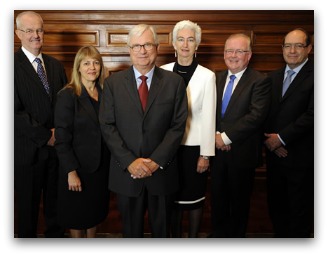
RELIGION
- Fatima Measham
- 12 April 2013
14 Comments
The Church is unique among the institutions under scrutiny from the Royal Commission. The trust laypeople hold in priests and other vowed religious is not the same trust held in teachers, doctors and coaches. It is sourced from the stories that feed their faith. This is the context in which the betrayal must be understood.
READ MORE 